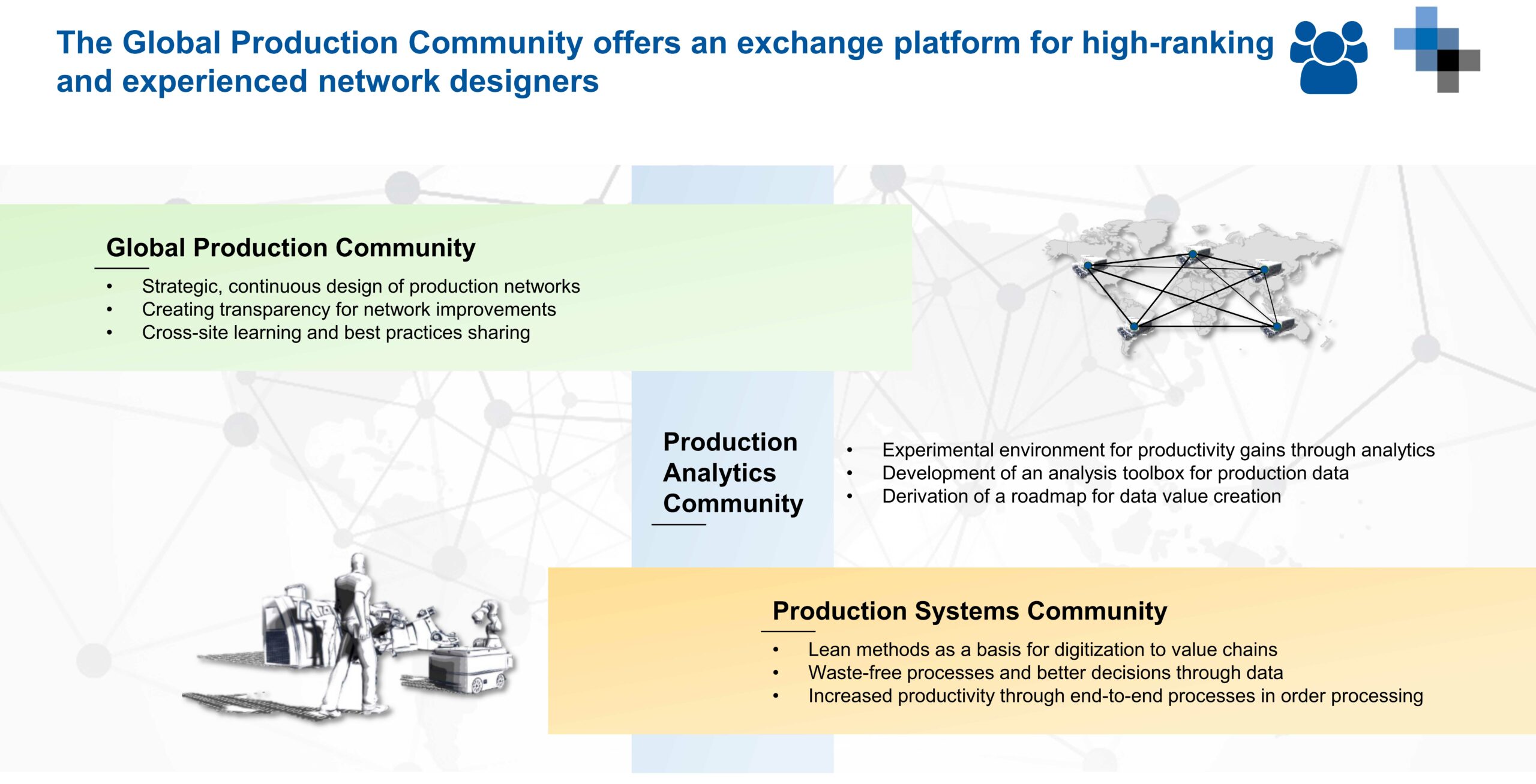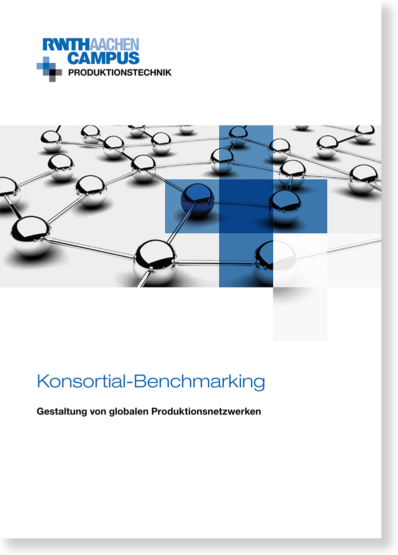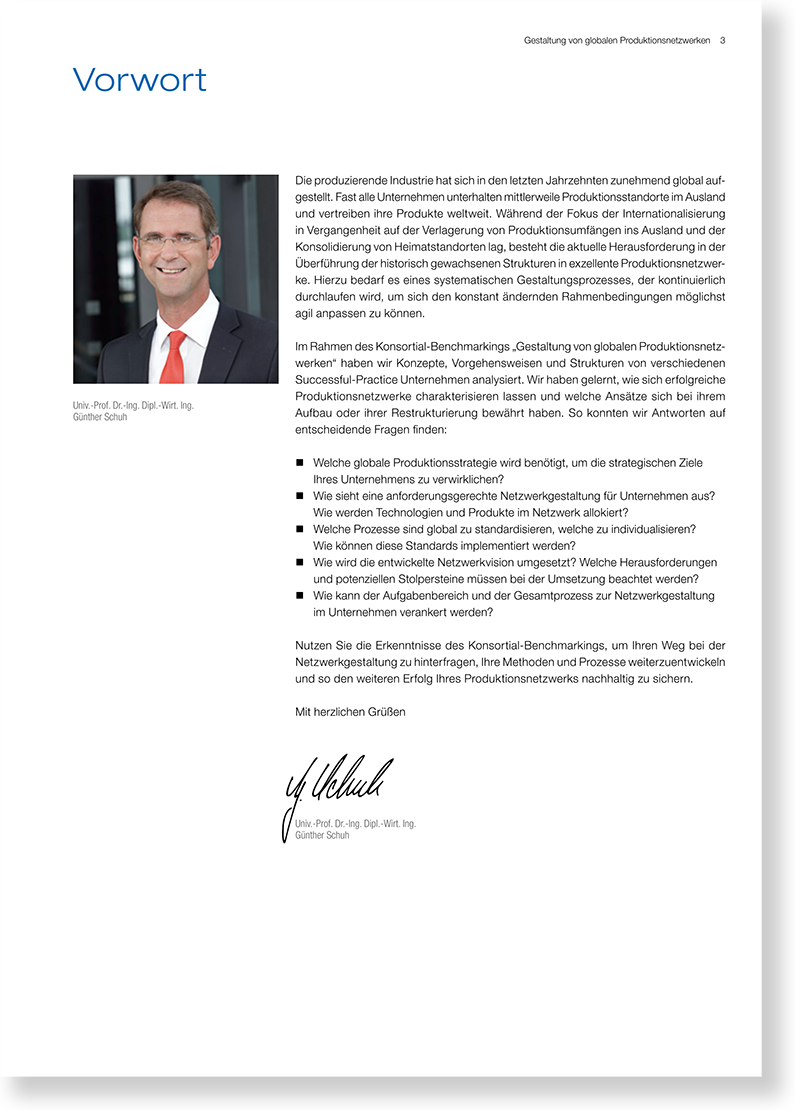7. June 2023
Skills shortage in Europe and personnel availability worldwide
The 2nd meeting this year of the Global Production Community (GPC) took place on May 4th and 5th with a focus on “Skills shortage in Europe and personnel availability worldwide” at GEA Farm Technologies in Bönen. This was the first community meeting with our newest member Voith.
Highlights of the GPC meeting:
▶️ Guest lecture : People and company presentation Guest company by Dr. Heike Sengstschmid
▶️ Guest lecture by Michael Millan on a program for the consideration of sustainability criteria in the search for a location
▶️ WZL keynote: “Skills shortage in Europe and personnel availability worldwide – What opportunities and risks does coordination in the global production network offer?” Martin Welsing
▶️ Workshop: Speed dating on the topic employer attractiveness for skilled workers
Thanks to all participants for their interesting input, to Michael Milllan and Dr. Heike Sengstschmied for their insightful guest lectures, as well as many thanks to our hosts from GEA Farm Technologies in Bönen! Furthermore, we want to send a warm welcome to our colleagues, who’ve joined the GPC for the first time. We are looking forward to the next meeting of the GPC at dSpace in Paderborn!
Highlights of the GPC meeting:
▶️ Guest lecture : People and company presentation Guest company by Dr. Heike Sengstschmid
▶️ Guest lecture by Michael Millan on a program for the consideration of sustainability criteria in the search for a location
▶️ WZL keynote: “Skills shortage in Europe and personnel availability worldwide – What opportunities and risks does coordination in the global production network offer?” Martin Welsing
▶️ Workshop: Speed dating on the topic employer attractiveness for skilled workers
Thanks to all participants for their interesting input, to Michael Milllan and Dr. Heike Sengstschmied for their insightful guest lectures, as well as many thanks to our hosts from GEA Farm Technologies in Bönen! Furthermore, we want to send a warm welcome to our colleagues, who’ve joined the GPC for the first time. We are looking forward to the next meeting of the GPC at dSpace in Paderborn!
The Global Production Community (GPC)
The aim of the Global Production Community (GPC) is to promote structured knowledge exchange in a small circle of companies alongside the world of research on the topic of network design. Within the scope of the community, principles, methods, and tools for the design and management of production networks are jointly discussed, developed, and customized. The central purpose for the community partners is methodical support for the successful design of global production networks. The scientific foundation of the exchange is cemented through the expertise of the WZL at RWTH Aachen University.
Participants of the community are enabled to critically analyze their own activities regarding the design of their network and to continue the development of their own abilities. The visits to the community partners during the networking events allow insights into various types of successfully designed global production networks. In effect, a non-competitive and confidential competence network is and will be developed systematically, allowing for intensive knowledge exchange with companies in other industry sectors.

GPMC
Are you interested in the Global Production Community? Reach out to us and work with us to develop solutions for the production management of tomorrow. For further information about our communities, feel free to consult our dedicated webpage: Our Communities.
Also, visit our LinkedIn page for information and news about the GPMC.
Related GPMC-Study
This brochure summarizes the results of the consortium benchmarking “Design of global production networks” of the Laboratory for Machine Tools and Production Engineering (WZL) of RWTH Aachen University in a practice-oriented guide. For this purpose, the results of the benchmarking study were supplemented by the experiences of the successful-practice company visits. Within the framework of the project, a total of more than 50 specialists and managers were interviewed. Currently, this study is only available in German.








